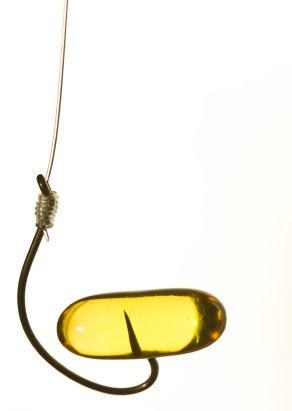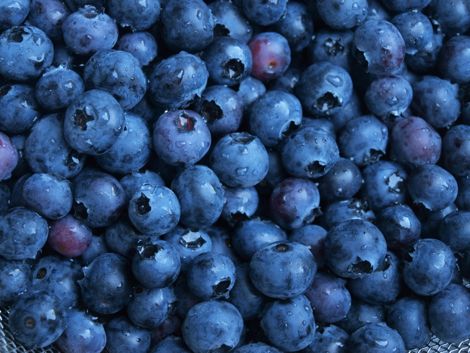
by admin | Apr 14, 2014 | Natural Facts
Natural approaches to whole body inflammation Inflammation occurs as a reaction to injury or infection. It’s characterized by pain, redness, swelling, and sometimes loss of function. It’s actually part of our natural defense against invading organisms....

by admin | Apr 10, 2014 | Healing Food Facts
Although over 70% of them are made into pickles, cucumbers are nutritious and yummy in their own right. Cucumbers are a tropical plant that originated in Southeast Asia over 10,000 years ago. Early travelers to India introduced the cumber to other parts of Asia, and...

by admin | Apr 8, 2014 | Natural Facts
Introduction: Periodontal disease is an inclusive term used to describe an inflammatory condition of the gums (gingivitis) and/or support structures (periodontitis). The periodontal disease path typically progresses from gingivitis to periodontitis. Periodontal...

by admin | Apr 7, 2014 | Natural Facts
PQQ a new wonder supplement may be able to help your brain fire on all cylinders no matter your age A recently discovered, vitamin-like compound known as pyrroloquinoline quinone—orPQQ—shows promise for boosting mental performance and memory. This naturally occurring...

by admin | Apr 1, 2014 | Stress Relief
Nature provides us with several plants that can help our body fight the effects of stress. These beneficial botanicals are often referred to as “adaptogens,” because they help us adapt to, or cope with, stress. For many years, these plants have been used to: Restore...








